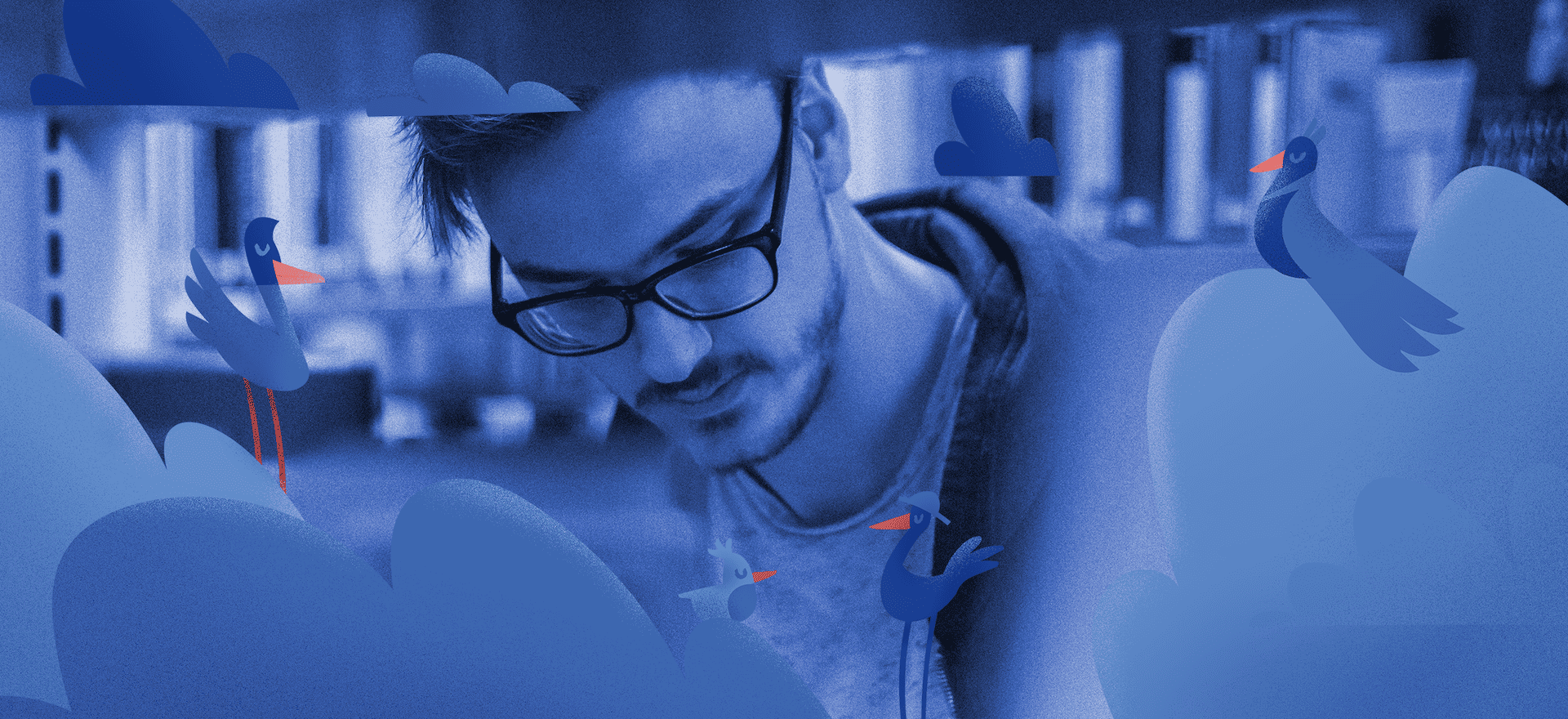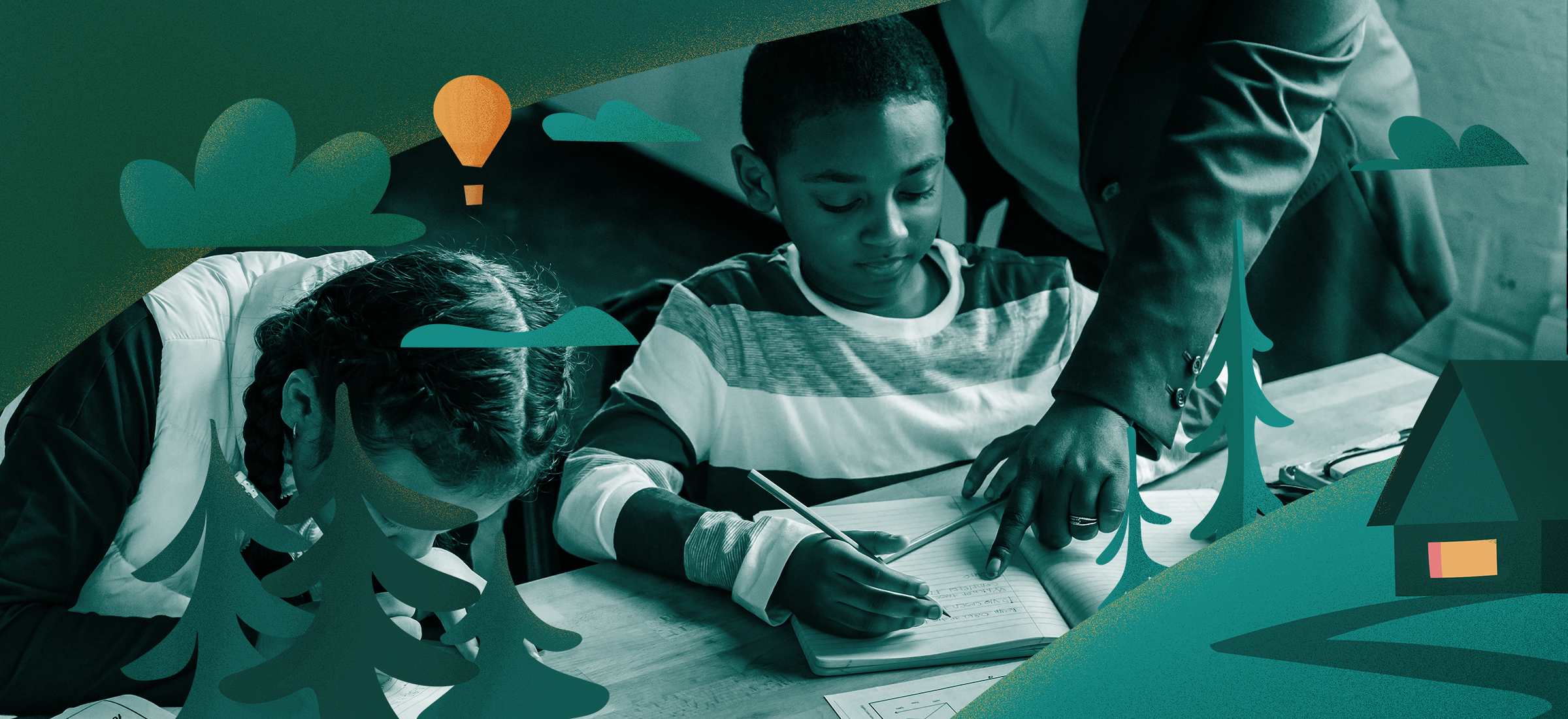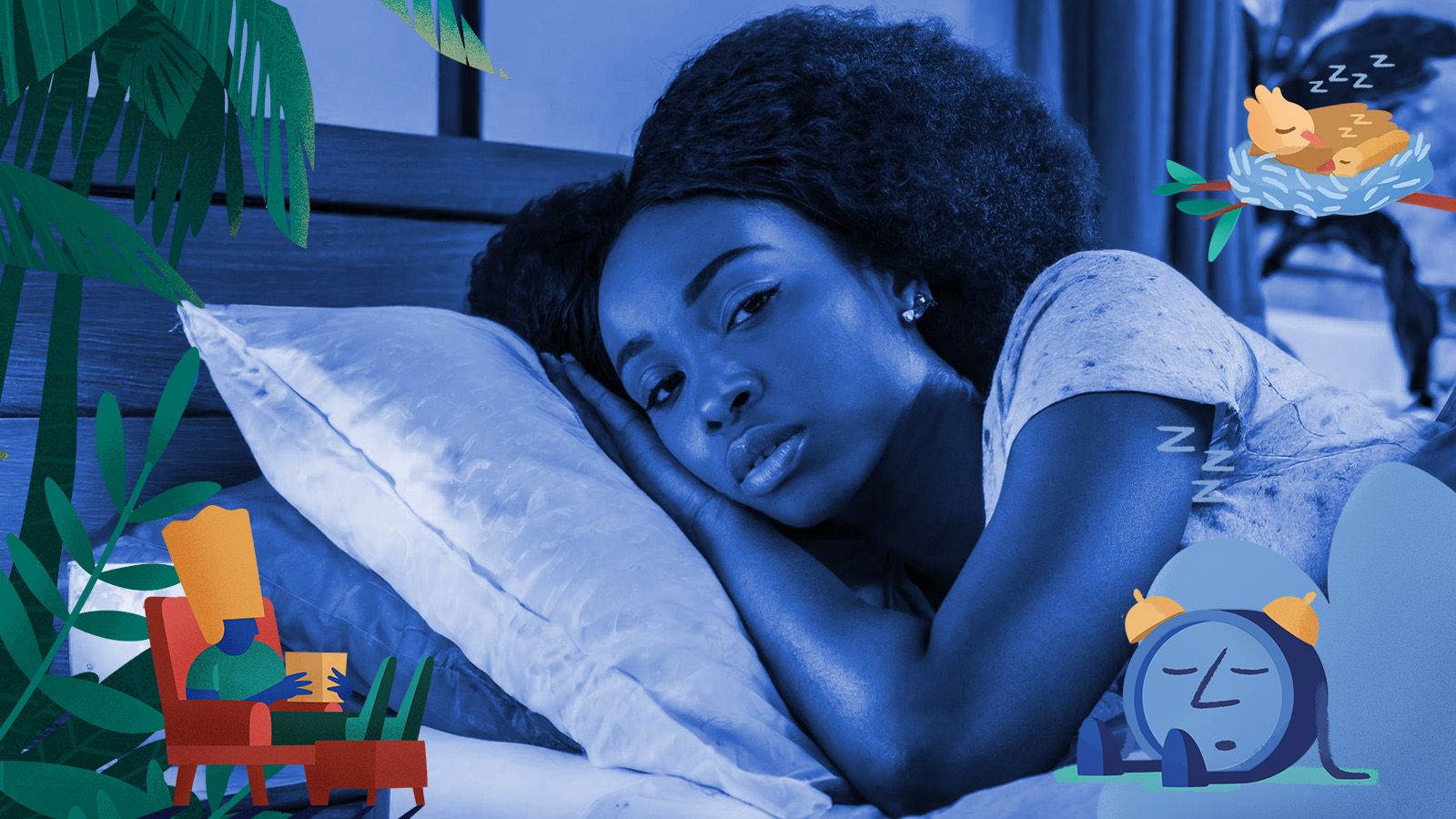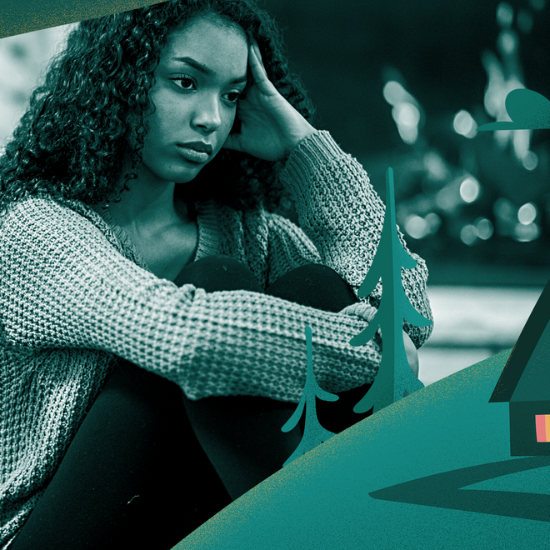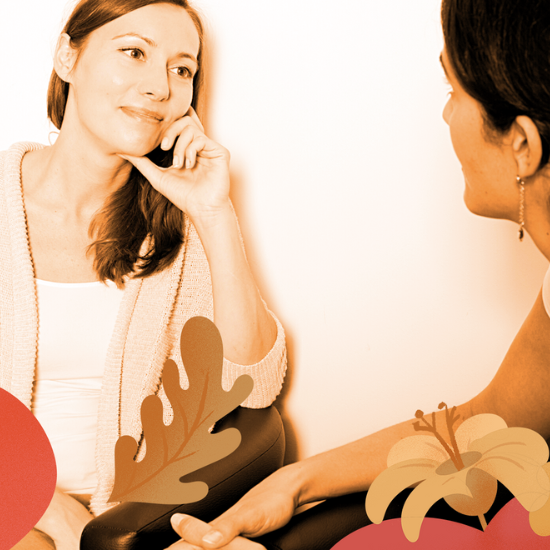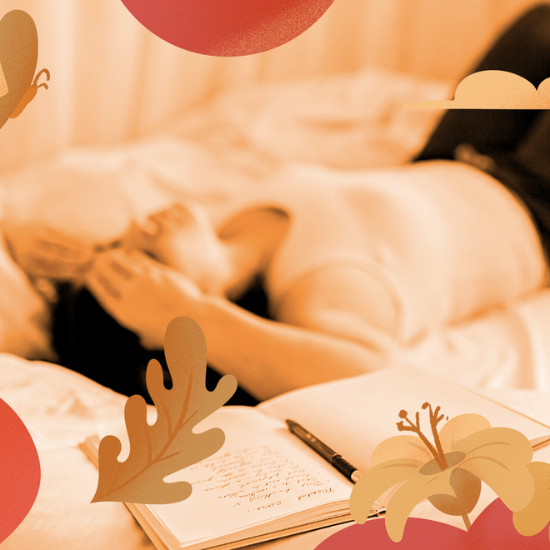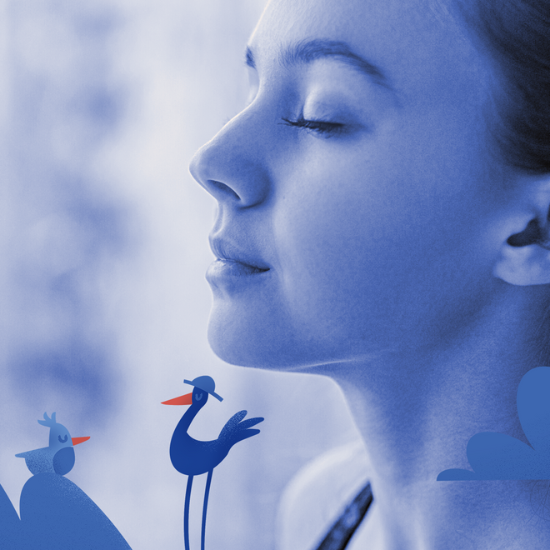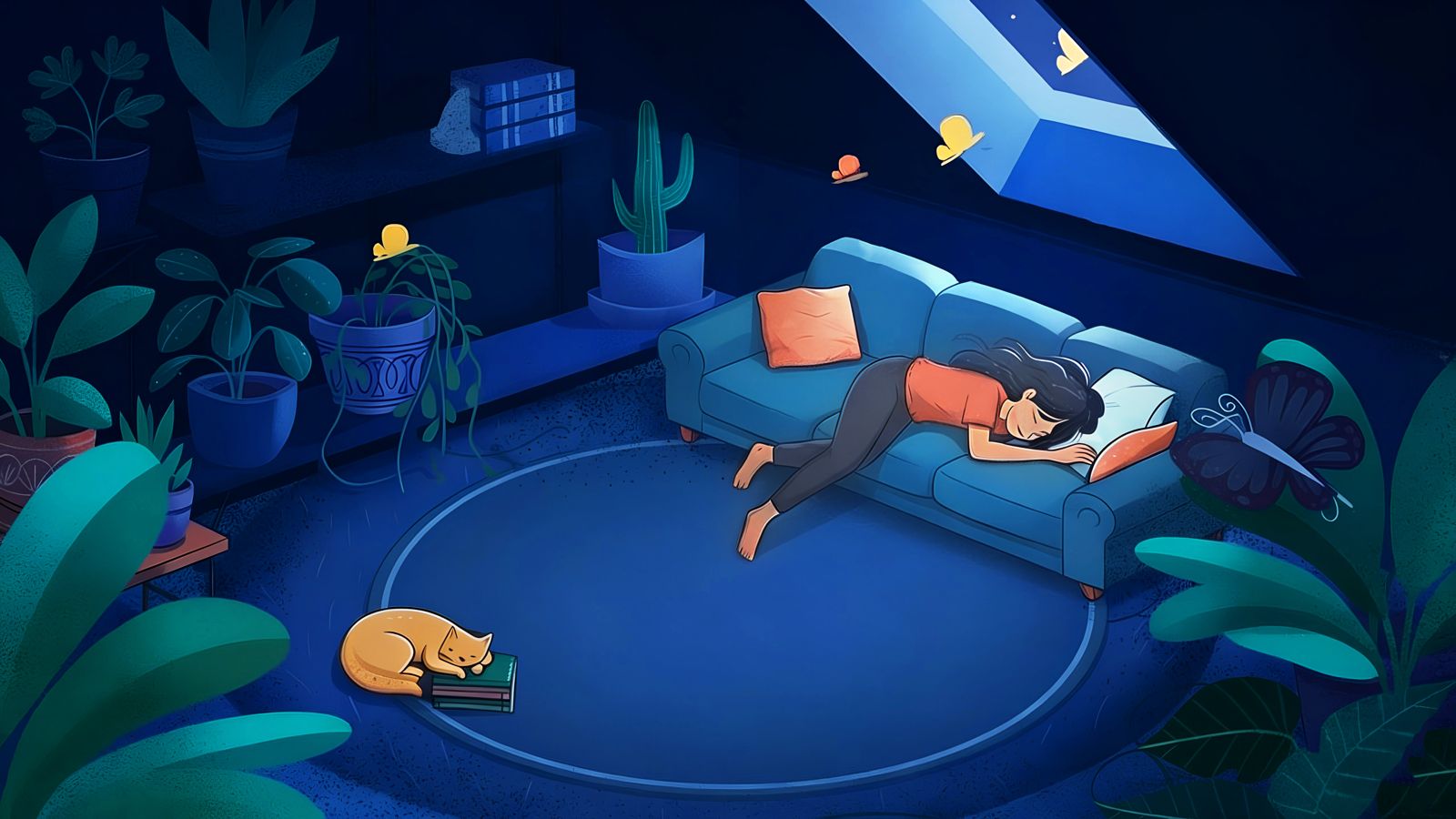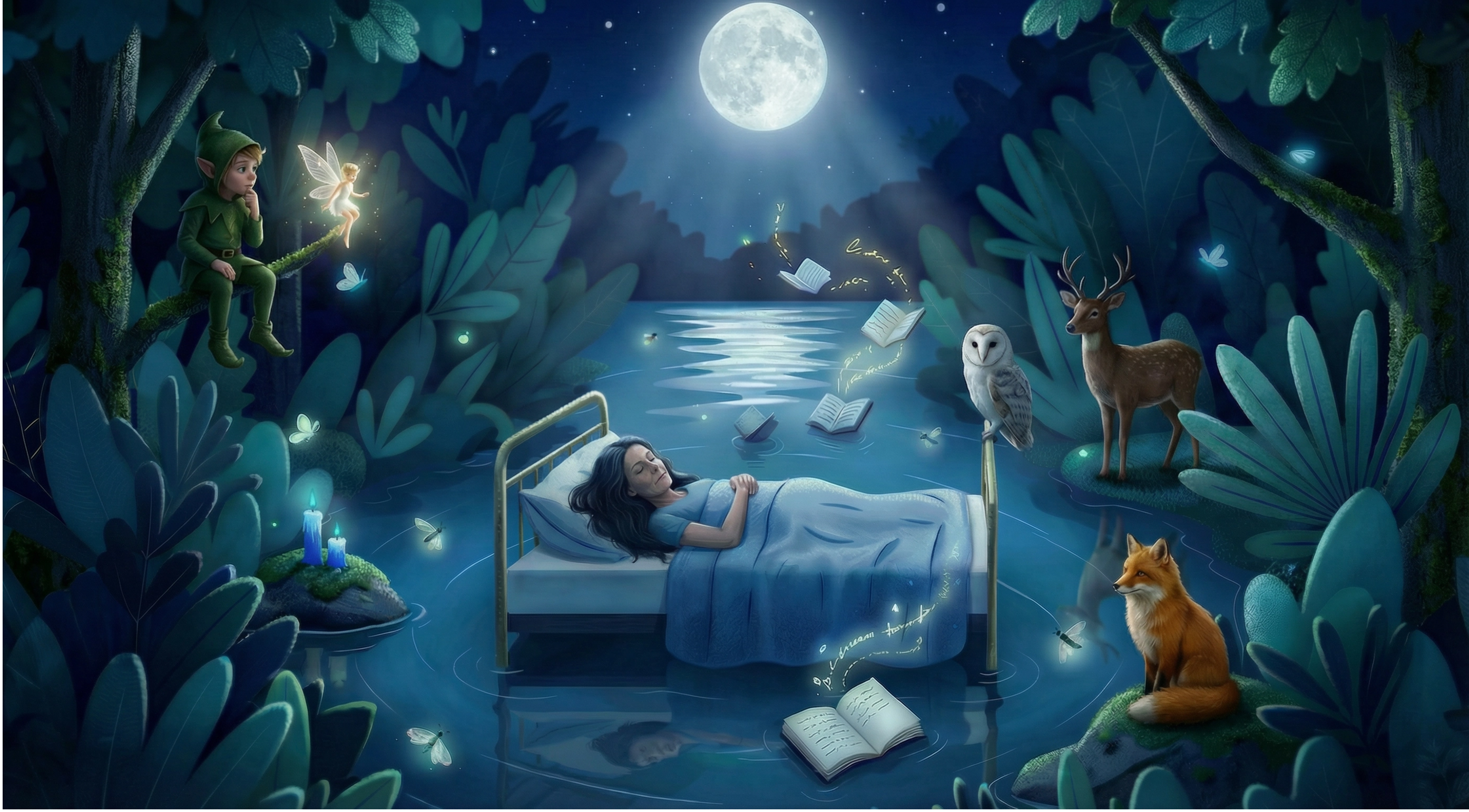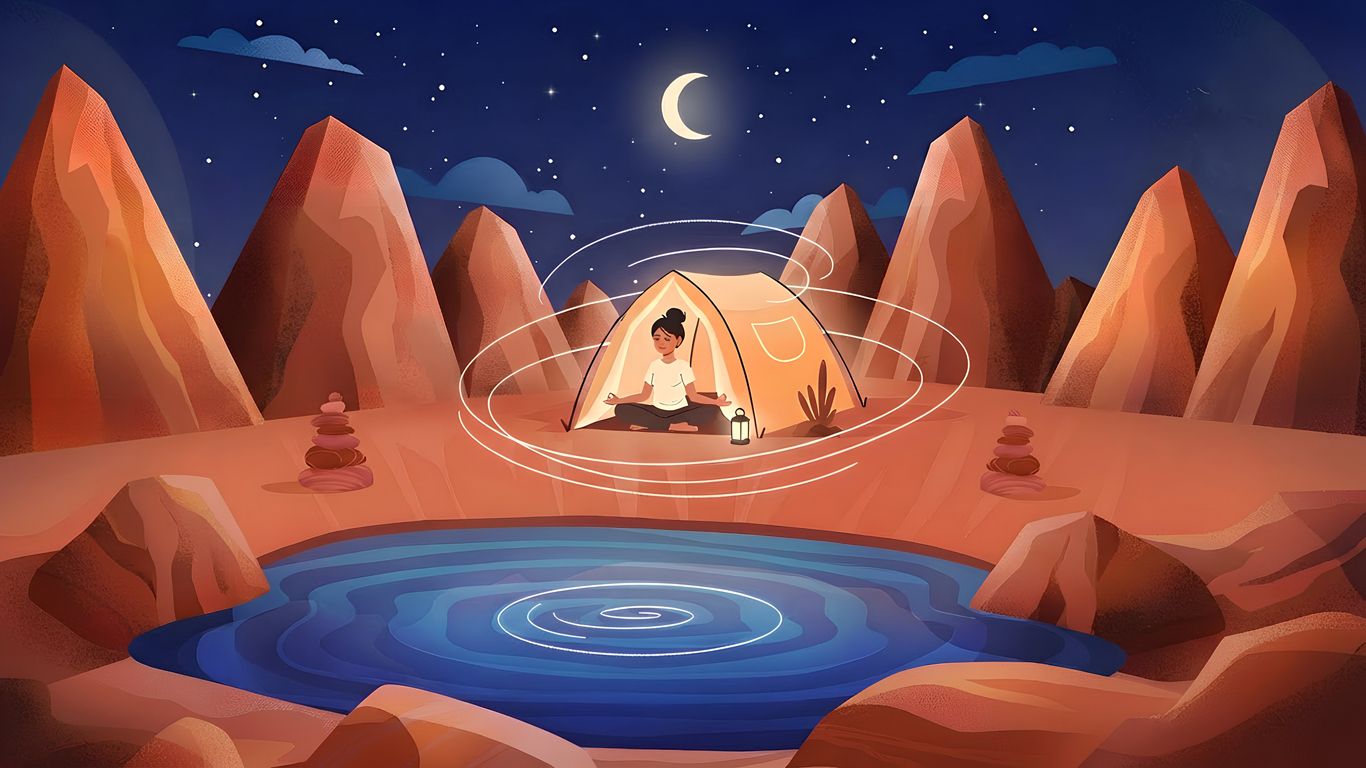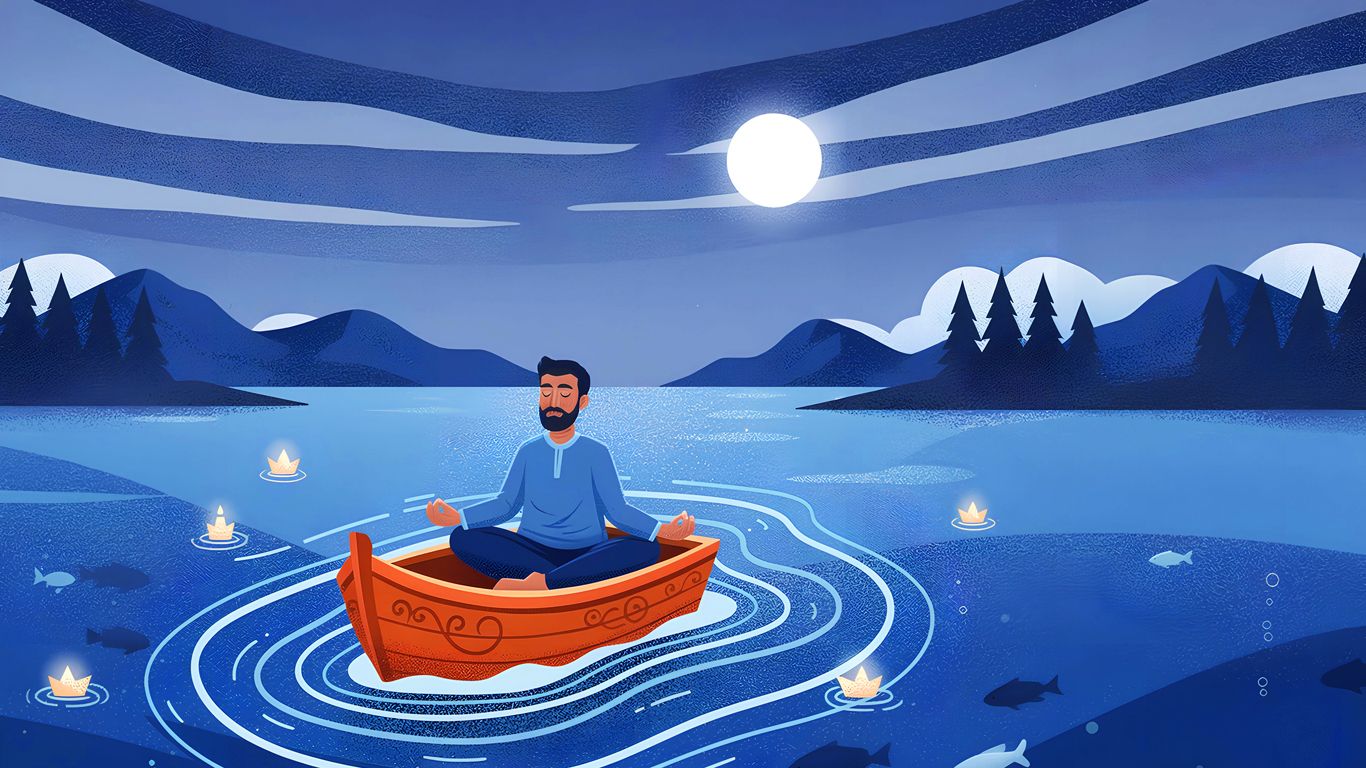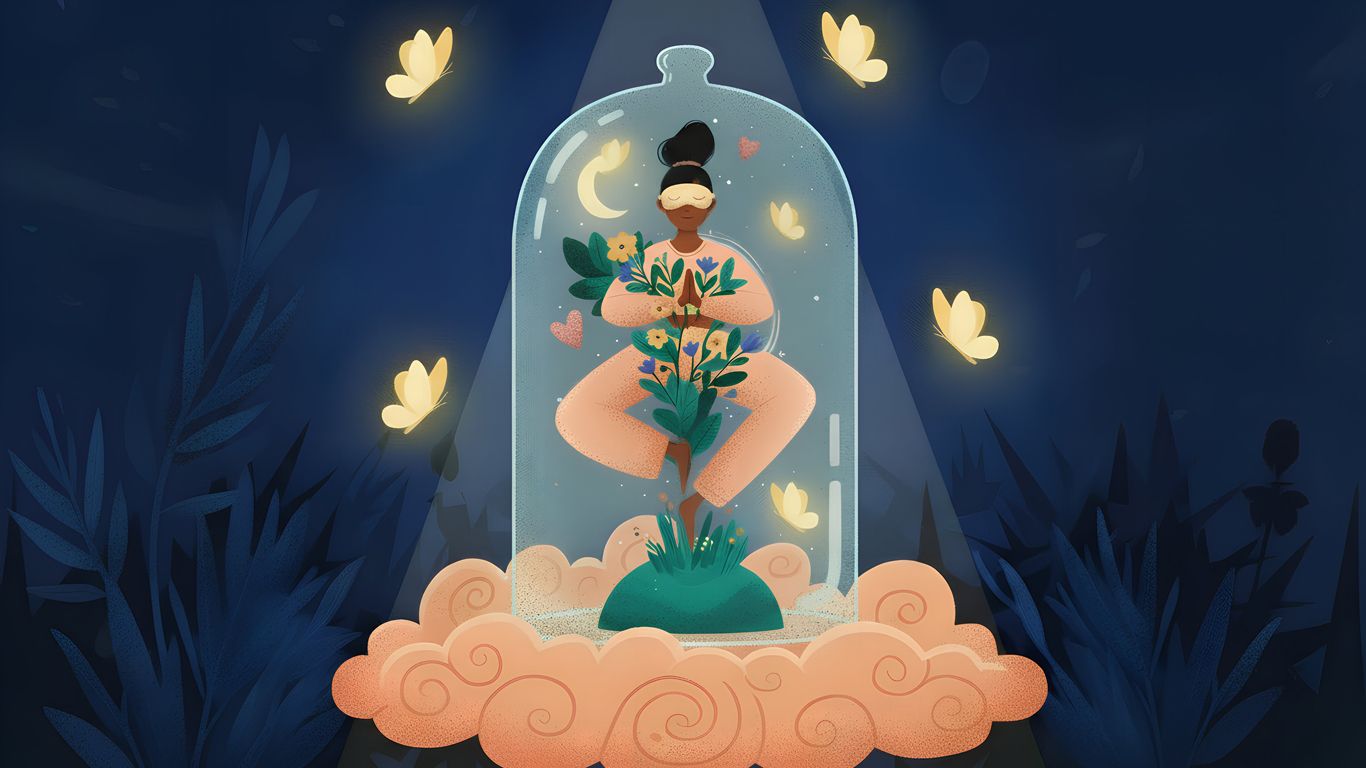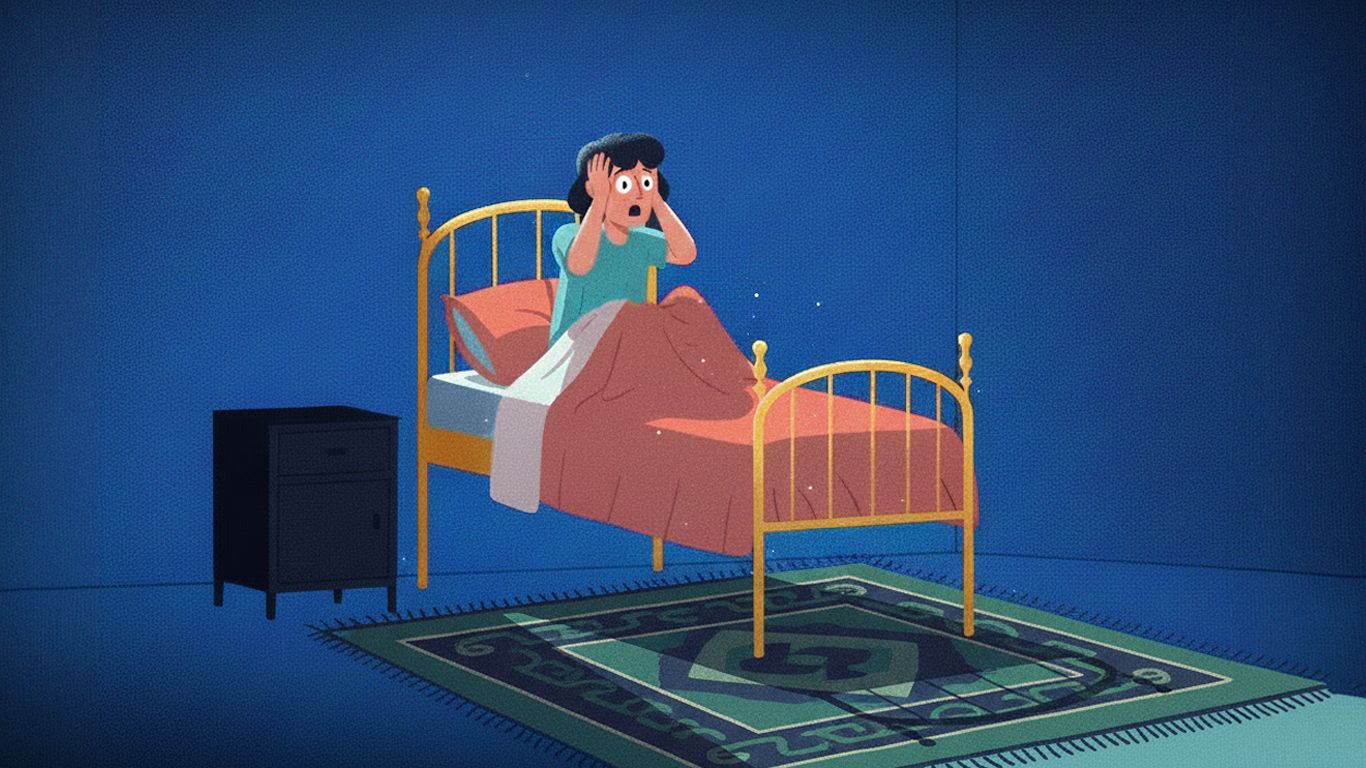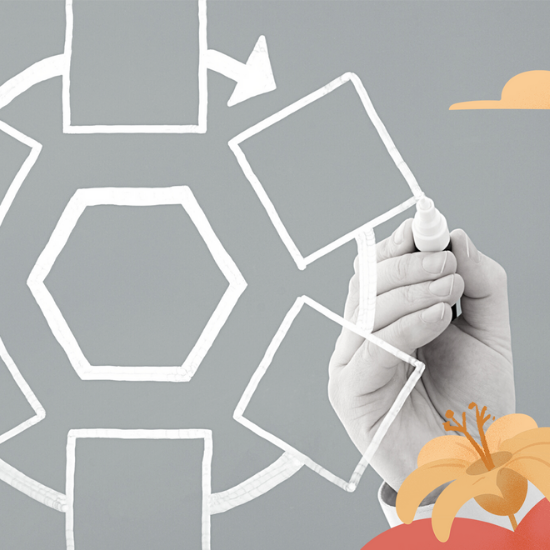
The Anxiety Cycle
Whether real or imagined, anxiety is an emotion we all experience from time to time. Feeling anxious is mainly a physiological response to worry or fear about situations that may or may not happen in the future. Internally, we consider it a defense mechanism against those threats or dangers, by preparing us for the possibility of something bad happening. You ruminate over the things that could possibly go wrong, and question your ability to cope with—and adapt to—the situation. All of this creates a vicious cycle of anxiety, avoidance, and other kinds of emotionally unhealthy behaviors. So what happens in this cycle? And how do we eventually break it?
Here’s what you should know about the four stages of the anxiety cycle, and what they mean.
Anxiety
The first step of the anxiety cycle is, of course, the feeling of anxiety itself. Something stressful or terrifying might be happening to you, or you might be fearful that such a situation might eventually happen to you. For example, you could find yourself taking a taxi or an Uber home, because you’re too anxious about being packed with other people on the subway.
Either way, your brain starts responding to these emotions, and with that often-times comes; racing thoughts, an increased heart rate, sweating, and an overwhelming feeling of discomfort. Not only does it feel physically uncomfortable, you add to your anxiety by scanning your environment for possible danger. All of this can make it difficult for you to endure distressing life situations going forward.
Avoidance
When you experience an anxiety-inducing event, you may find yourself avoiding anything that could potentially trigger those same sensations. Such behaviours include procrastinating on stressful tasks, self-medicating with substances, using prescription medication, reading a book, doom-scrolling on social media, and seeking reassurance from others.
While it’s normal to want to minimize how much anxiety you're experiencing, consistently exhibiting avoidant behaviour often means you're right in the thick of the anxiety cycle. As a result, even if you distract yourself from anxious situations for a bit by outright avoiding them, you can’t fully outrun them, and this worsens feelings of anxiety over time.
Short-Term Relief, Long-Term Consequences
The third phase involves finding respite from the anxiety-inducing situation in the form of short-term relief. Such tools for temporarily avoiding these anxious feelings are known as ‘safety behaviours’. You might use these to try mitigating unwanted feelings of distress, but this becomes a double-edged sword when you notice how the short-term relief is outweighed by your increased dependency on those behaviors—lessening your ability to handle your anxiety.
With anxiety, short-term gain can often lead to long-term suffering. This fourth and final phase in the cycle represents you getting so used to avoiding stressful situations that your brain thinks it's enough to make them disappear. You then start to avoid these situations more frequently, which ultimately makes your anxiety worse. Over time, you can find your coping skills to be weakened and your physiological symptoms to worsen. You also prevent yourself from realizing that, much of the time, these feelings of fear and anxiety aren’t as dangerous as you’ve made them out to be.
How Do You Break the Cycle?
Since this vicious anxiety/avoidance cycle keeps you from truly confronting and overcoming those feelings, you have to find a way to break it. The best way to start is to learn how to tackle those anxieties head-on, rather than shielding yourself from them. You obviously can't do this all at once, but taking it piece-by-piece by exposing yourself to situations low in intensity before gradually confronting more difficult ones.
While this might cause your anxiety to rise in the short-term, you’ll eventually learn to use your coping skills to your advantage. This makes you more confident in your ability to manage stress and anxiety, and more willing to accept intrusive thoughts and worried feelings for what they are. Psychotherapy, getting regular exercise, practicing mindfulness, and eating a balanced diet are also tools you can use to help break the cycle.

